Rhys Fulber
Your Dystopia, My Utopia
Sonic Groove
As a member of Front Line Assembly (and its various off-shoots including successful world-beat/electronica act Delerium) during that project’s most well regarded and commercially successful era – not to mention his solo project Conjure One and studio work with Paradise Lost, Fear Factory and more recently Youth Code and Kanga – Rhys Fulber’s influence and profile amongst those who know can’t be overstated. Perhaps the most interesting thing then about his debut LP under his own name for Sonic Groove records is hearing the veteran artist/producer explore territory that hints at his broad catalogue of work without being specifically beholden to any one piece of it.
Broadly speaking the music on Your Dystopia, My Utopia falls into the rubric of industrialized-techno, although the album emphasizes texture and structure over dancefloor bangers. While rhythms and tempos are kept central to each composition, it’s Fulber’s sensibility as a programmer and articulate production style that define the record. “Limited Vision” has a straight 4/4 beat underneath most of it, but the essence of the track is in how grinding synths interact with the the vast, open reverbs that obscure the track’s sonic boundaries, hiding some sounds until they jump to the fore, and covering them as they retreat to the edges of the stereo spectrum again. Album highlight “My Church” invokes a technoid rhythm as its backbone before building a massive cathedral of organ and synth patches and portentous samples for a cinematic feel. Neither track feels like anything we’ve heard from Fulber before, but definitely bear his steady hand from the building blocks of sound design (some of which is contributed by Los Angeles synth guru Jeff Swearengin) through to final mix.
That’s not to say that the album suffers when it makes overt dancefloor bids though. Songs like “Truncheon” or “Anhedonia” have plenty of DJ appeal with their rapidly cycling basslines and tough, crunchy drums, but feature the same fine attention to detail as the rest of the record. The latter number is especially notable in how maximal it feels while working with a more limited structure, injecting a Gessafelstein-esque arrangement with a heft and coarseness that move it towards classic rhythmic noise.
Beyond the strong appeal it holds for simple repeat listening, Your Dystopia, My Utopia also acts as both evidence of Rhys Fulber’s technical proficiency, but also his oft overlooked skill as composer. For those who mostly know him via his extensive work as a remixer, collaborator or studio hand, it should go a ways to illuminating his auteurship; in presenting himself in a largely new way Fulber has made us appreciate him as an individual artist all the more. Recommended.

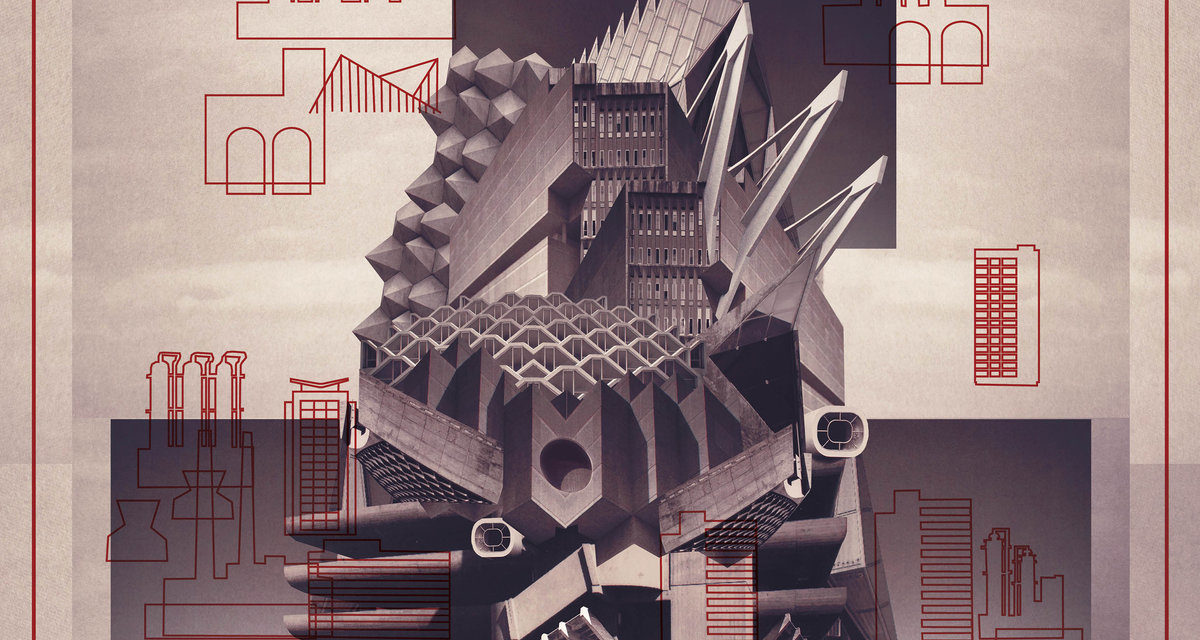
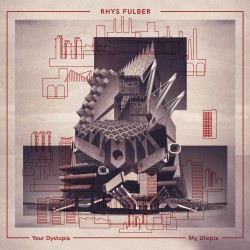
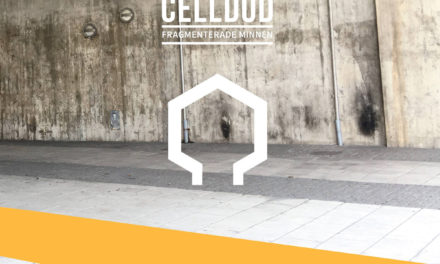
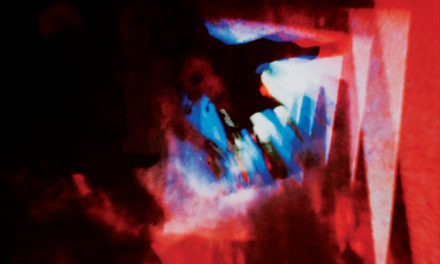

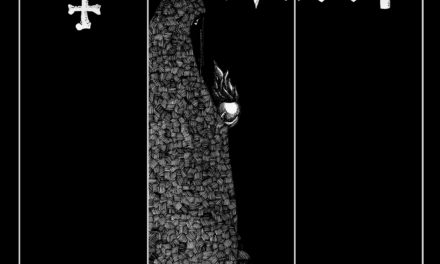
I rather like the album – it’s interesting to hear where artists like Rhys can go with their music. But to the “neither track feels like anything we’ve heard from Fulber before” comment, “My Church” either directly samples, or replicates the arpeggio structure of “Crowning Glory” by Will, which Rhys was the sound engineer on
Good ear Jono, despite being familiar with the Will track I didn’t peg the similar if not directly sampled synthline. At any rate I think it speaks to what I was getting at, that there are hints and pieces of Rhys’ work that you can identify here but reconfigured in fresh ways.